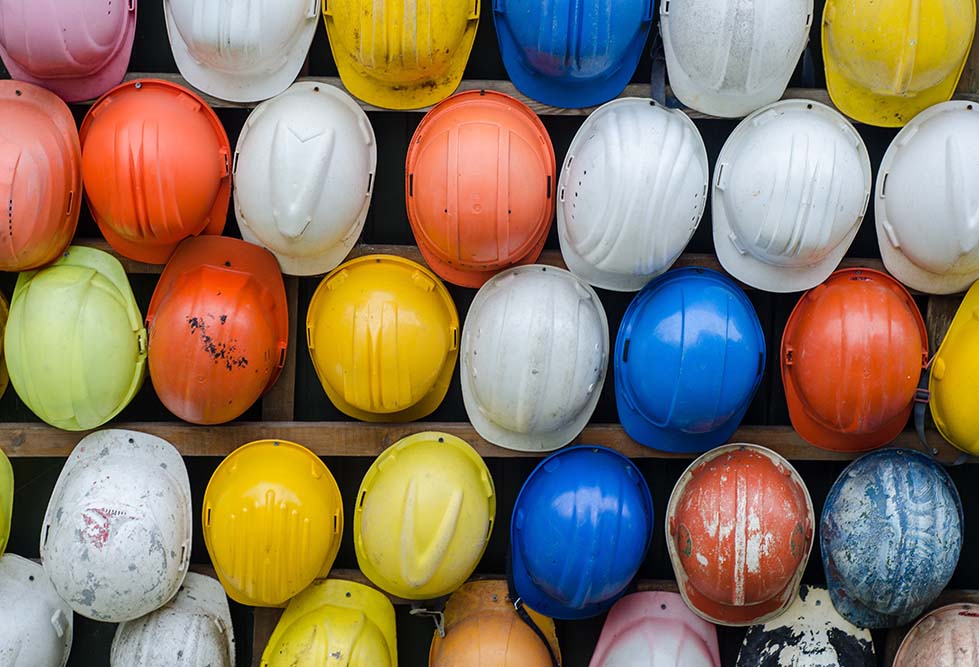Safety Awareness Equals Safe Living
If you don’t tell a toddler about the dangers of crossing the street without your help, you can’t scold them for doing so. Likewise, you can’t become frustrated with your elderly parents or grandparents for doing something that isn’t exactly safe if they don’t have the option to do otherwise. So, since June is the month in which we recognize safety awareness for seniors, I want to take a few minutes to talk about some basic safety issues seniors face.
Aging in place is the greatest desire of most seniors. In other words, they want to stay in their home. But they know it is either too big for them to maintain on their own, or they know they don’t need all the extra square footage, except for once or twice a year when the family all comes together. So, what to do?
One thing you can do is to revamp the layout of the house. For example, if the master bedroom and bath is on the second floor, or at the opposite end of the house than the main living area and kitchen, turn the formal dining room, the den, or the guest room(s) into a new master suite, and let guests use the other room(s). This way, the occupants of the house have few steps to take, they can shut off the unused portions of the house to cut down on heating and cooling costs, and in the process of remodeling, safety features such as a walk-in shower, higher toilets, grab bars, slightly textured flooring, and easy to reach cabinets can be installed.
Other safety issues you and your senior loved ones need to look into, include
- Installing a security camera that alerts you to activity at all exterior doors and ground floor windows.
- Having a nightly check-in (phone call or text) to make sure your loved one(s) are safe and sound for the evening. FYI: Morning check-ins are a good idea too.
- Periodically checking to make sure keys fit easily into and out of locks, garage doors are operating properly, that handrails are not loose, and that lightbulbs are all burning brightly. Smoke alarms should also be tested a few times a year.
- If you suspect or notice signs of forgetfulness in terms of how or if things have been done, discreetly keep tabs on whether or not they are taking their medications as prescribed. You can count pills, be aware of side effects of over or under medication, and things of that nature.
- Ride along with your seniors over seventy or seventy-five (if they are still driving) to evaluate their ability to adjust their speed, judge distance, their response times, backing, etc. NOTE: They don’t have to know that’s what you are doing. But if things don’t go well, you need to graciously and tactfully plan and execute the conversation that starts with, “Mom (of Dad), I am concerned about your driving….”
- Help them find someone to do the heavy stuff like yard work, gutter cleanouts, leaf raking, and so forth. Or better yet, YOU do it for them. You and the grandkids can give back to the ones who have given you so much. And let them know that all you expect in return is a piece of their famous blackberry cobbler or their to-die-for chicken pot pie.
Safety for seniors is a subject that covers a wide variety of topics. But at the end of the day, it all boils down to quality of life. And if you ask, the majority of seniors will say that as far as they are concerned, home sweet home and their ability to do as much as possible for themselves is as ‘quality’ as it gets. So, let’s do that for them, by keeping them safe in every way possible.
Guest post By Darla Noble
The views expressed by the author may not reflect the views of Age Safe America, LLC. The content here should not be taken as medical, legal or financial advice. The content here is for informational purposes only, and because each person is so unique, please consult your own healthcare, legal or financial professional with any questions.

